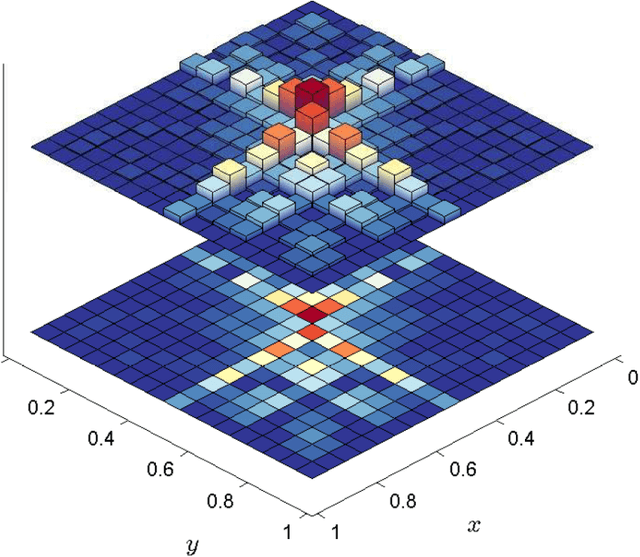Armin Hatefi
Liu-type Shrinkage Estimators for Mixture of Poisson Regressions with Experts: A Heart Disease Study
Sep 11, 2023Abstract:Count data play a critical role in medical research, such as heart disease. The Poisson regression model is a common technique for evaluating the impact of a set of covariates on the count responses. The mixture of Poisson regression models with experts is a practical tool to exploit the covariates, not only to handle the heterogeneity in the Poisson regressions but also to learn the mixing structure of the population. Multicollinearity is one of the most common challenges with regression models, leading to ill-conditioned design matrices of Poisson regression components and expert classes. The maximum likelihood method produces unreliable and misleading estimates for the effects of the covariates in multicollinearity. In this research, we develop Ridge and Liu-type methods as two shrinkage approaches to cope with the ill-conditioned design matrices of the mixture of Poisson regression models with experts. Through various numerical studies, we demonstrate that the shrinkage methods offer more reliable estimates for the coefficients of the mixture model in multicollinearity while maintaining the classification performance of the ML method. The shrinkage methods are finally applied to a heart study to analyze the heart disease rate stages.
Statistical Inference, Learning and Models in Big Data
Jan 28, 2016

Abstract:The need for new methods to deal with big data is a common theme in most scientific fields, although its definition tends to vary with the context. Statistical ideas are an essential part of this, and as a partial response, a thematic program on statistical inference, learning, and models in big data was held in 2015 in Canada, under the general direction of the Canadian Statistical Sciences Institute, with major funding from, and most activities located at, the Fields Institute for Research in Mathematical Sciences. This paper gives an overview of the topics covered, describing challenges and strategies that seem common to many different areas of application, and including some examples of applications to make these challenges and strategies more concrete.
* Thematic Program on Statistical Inference, Learning, and Models for Big Data, Fields Institute; 23 pages, 2 figures
 Add to Chrome
Add to Chrome Add to Firefox
Add to Firefox Add to Edge
Add to Edge